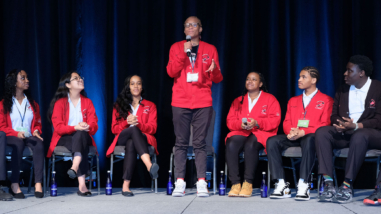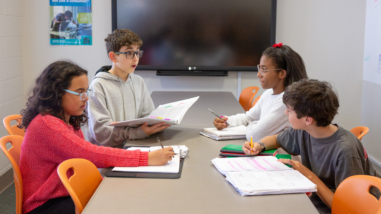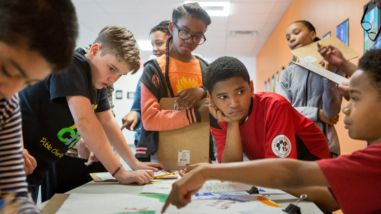National Urban League
For General Support
-
Amount$1,017,000
-
Program
-
Date Awarded1/28/2002
-
Term0 Months
-
Type of SupportGeneral Support/Organization
About the Grantee
Grantee Website
www.nul.org



